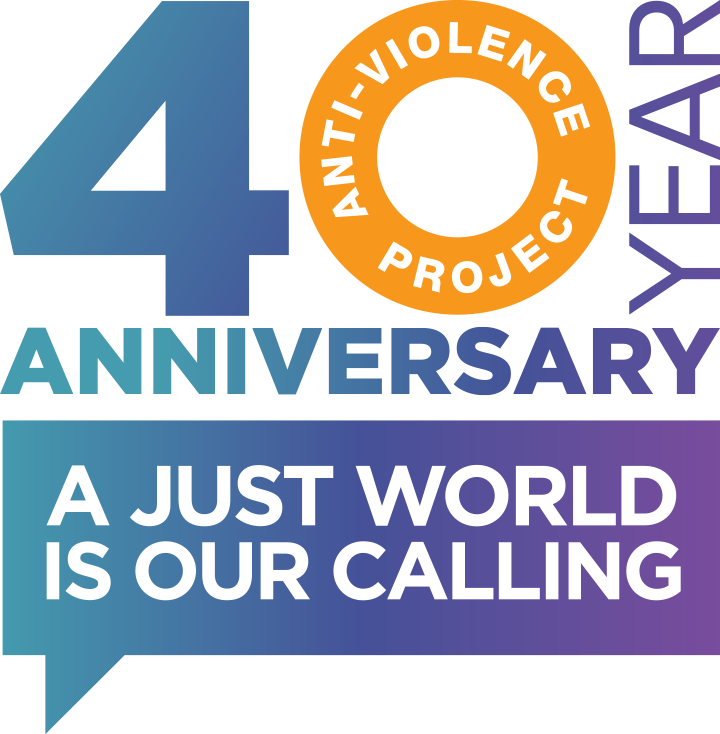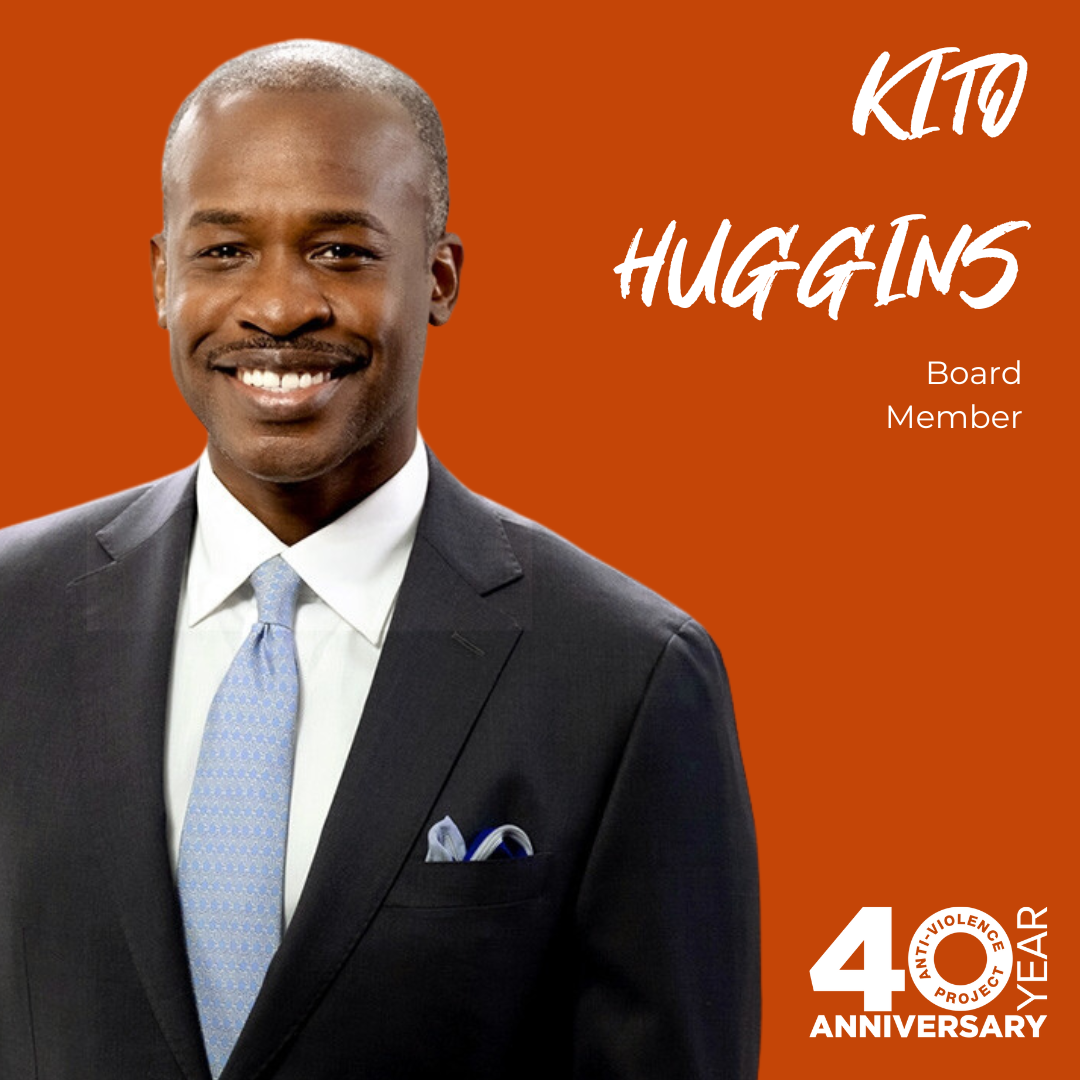
This interview has been shortened and condensed for clarity.
Victoria Cruz started out the way many at AVP do — as a client. She decided to get involved because her experience working with AVP’s kind and nonjudgemental coordinators left her feeling transformed.
Much of her work now is dedicated to giving queer and trans and black and brown people their power back. Cruz, known by her colleagues as “Miss Vicky,” was one of eleven children, third from the top, and she often found herself the peacekeeper during childhood squabbles. Her tenacity in lending help to those who need it was intrinsic and has never stopped.Through her deep friendship with legends like Marsha P. Johnson and Sylvia Rivera, she helped create homeless shelters for gay and trans people at a time when there were none. “And not once did they charge a penny for keeping the girls safe. That’s part of activism.”
Vicky says that not a single day went by at AVP when she did not learn something new. Here she shares some of her key learnings and memories.
How has your engagement with AVP impacted you personally or in your work?
I was sexually assaulted in this nursing home and I sought help from some sort of agency because I wanted to get even. I was very angry and I knew that if I did something on my own, I would probably go to jail. I heard about AVP through Rossin Blumenstein from the Center and she referred me to AVP. It took me about three days to get the courage enough to call them. And I finally called them at about 1:30 in the morning.
[The person who took the call] understood what I was going through and she was so empathic about it [that] I felt comfortable enough to speak to her. She advised me that she would have a meeting the next day and would call me back, which she did.
AVP accompanied me to the precinct. They accompanied me to the DA’s office. They accompanied me to the trial date, which took a year. I never felt alone. I didn’t have to face those monsters by myself.
So how did you come to get involved?
I volunteered, and once I volunteered, I kind of liked it. Christine Quinn saw something in me and she offered me a job. I let her know that I had no understanding of phone technique, how to answer the phone, the fax machine, and things like that. She used to say, “I think you would be a fast learner.” And I took the job.
After two years, I got promoted to administrative assistant, then to a domestic violence counselor. There I worked for about four or five years and became coordinator of domestic violence, then senior domestic violence counselor advocate.
What compelled you to get involved?
Well, I wanted to give back to AVP and I found the way I could was by volunteering. Let’s face it. If you have been in that situation — everybody’s situation is different but similar. If you have the empathy to help out people, that’s half the ordeal. Just having the empathy and letting them know that you’re there to help them not to judge them.
Coming into AVP without any experience — was that intimidating for you?
To tell you the truth, I was so scared. But I was at the bottom of the barrel. So, when this job opened up, I said “you know what, what can I lose?” I don’t know anything about office work. I don’t know anything about typing. I don’t know everything about computers and computers still intimidate me. But at the same time, there was some sort of step up from where I was. And it was that little step that helped me pull myself up from my bootstraps, help myself, help my family, and help the community. So it was a liberating feeling just to get up in the morning and know that I had something important to do and do it.
What’s the most important thing you’ve learned in your work as an organizer?
That we do have allies out there, and there is power in numbers. That’s what Sylvia Rivera told me on her dying bed. She’d said, “Promise me that you will try to keep the community together because there’s power in numbers.” And there is power in numbers, power in allies.




